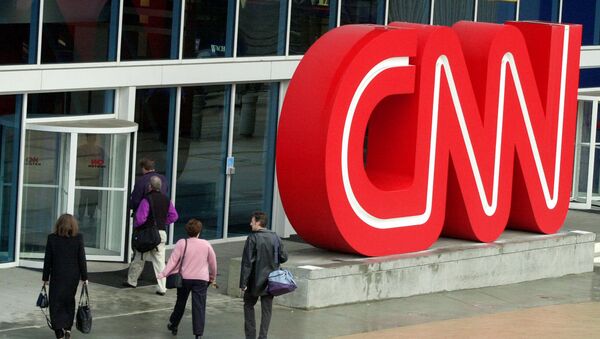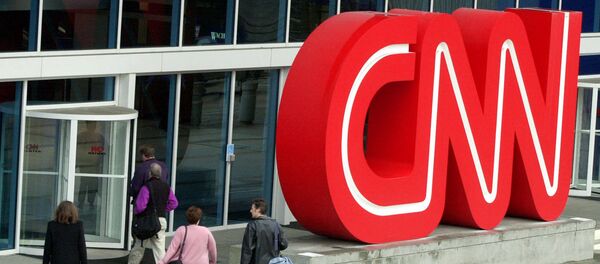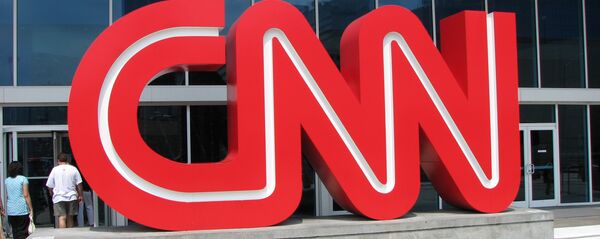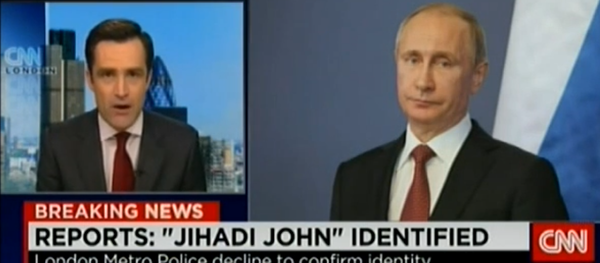CNN’s explanation was that new Russian laws placing restrictions on foreign media ownership in Russia and on advertising on satellite and cable channels made its operations in Russia “impossible”. Broadcasts duly stopped on 31st December 2014.
CNN then suddenly reversed itself, applying for a broadcasting licence in February. It was granted a 10 year broadcasting licence on 23rd March 2015. The problems in the legislation, it turns out, were not problems at all.
This banal affair would be of no interest were it not for the media storm worked up around it.
To the army of Russia’s critics CNN’s decision to stop broadcasting in Russia was not a decision taken by an independent broadcaster. It had to be part of the Kremlin’s sinister attack on free expression.
An article in the Financial Times serves as an example.
The article quotes Orysia Lutsevych, a research fellow at the London based think-tank Chatham House, as saying that “the restrictions” (what “restrictions”?— the Russian legislation imposes no “restrictions”) “were evidence that “Russia is afraid of pluralism. First, it was the national media. Now it is the international media”.”
Further on we learn that “Russia is ranked 148th out of 170 countries in the World Press Freedom Index, below Zimbabwe, Afghanistan and Venezuela, but above Turkey and China.“It might have been lower in the index had it not been for the stubbornness and resistance shown by its civil society,” said Reporters without Borders, the index’s compilers, noting that Russia was also using diplomacy to “undermine international standards on freedom of information”.
Much of the rest of the article is devoted to a lengthy attack on the Russian media group Rossiya Segodnya (of which Sputnik is part) and of its head Dmitry Kiselev, though the connection to CNN is not obvious. There is however a mandatory quote of Kiselev’s words, taken completely out context in a way that a casual reader might think refers to CNN: “We are against the aggressive propaganda on which the world feeds right now, which… literally imposes a unipolar construction of the world.”
This farrago has now been exposed for the nonsense it is.
A cynical but probably correct view is that CNN decided to pull out of Russia in November when the fall in the oil price and the rouble’s devaluation led to predictions the economy would collapse. In February, when it became clear the economy would not collapse after all, CNN reversed itself rather than lose a valuable market.
That however does not make for exciting headlines. How much more useful and exciting to pretend that what happened was “yet another example” of the Kremlin’s clamp down on free expression? No matter that there is not a scintilla of evidence. When it comes to Russia the Western media long ago took Mark Twain’s injunction to heart: never let the truth stand in the way of a good story.





